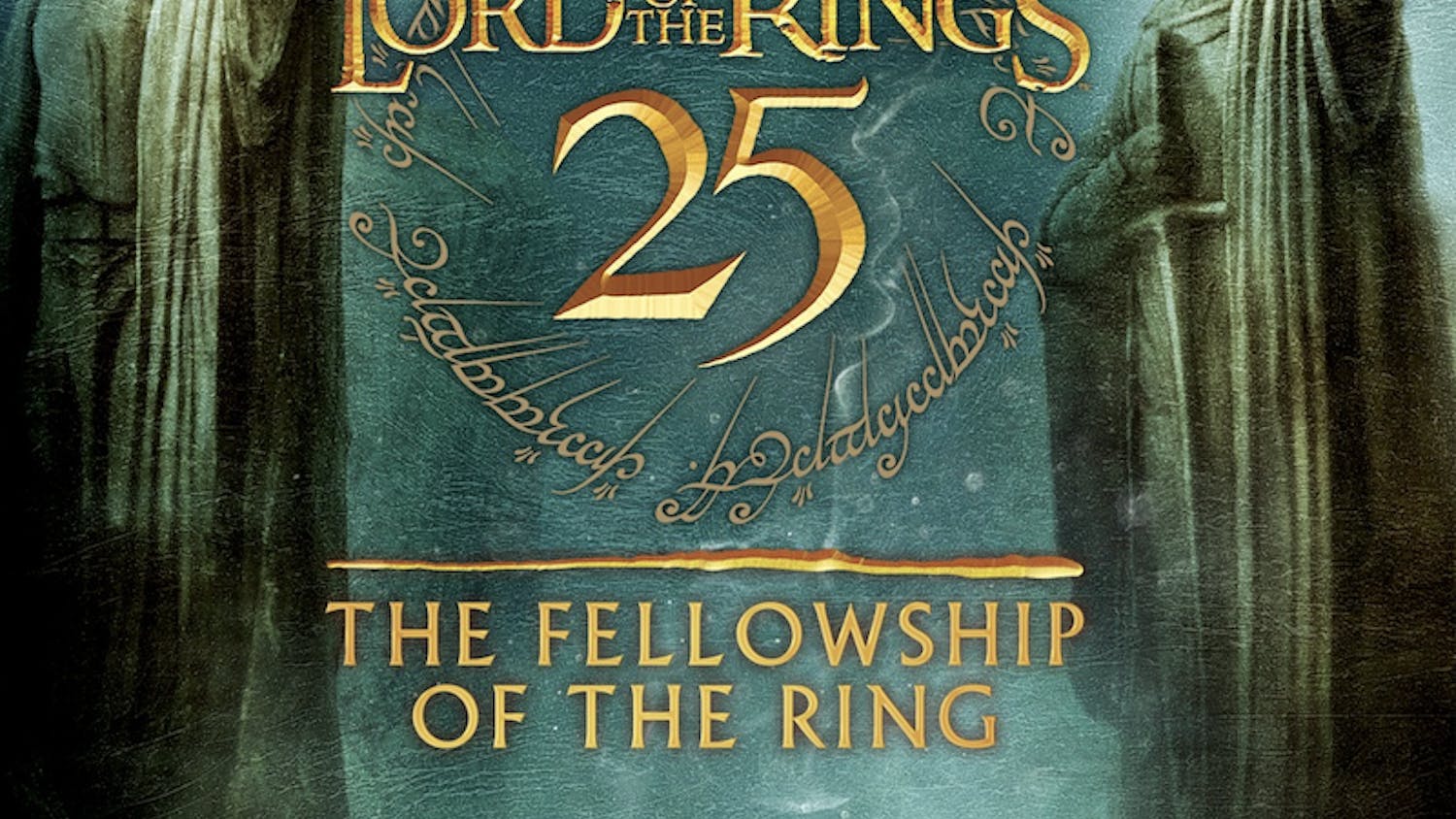“The only time when I really sort of ‘let it rip’ is when I think something is cynically, cravenly motivated,” said director and New York Magazine / Vulture.com theater critic Sara Holdren in a Q&A session on October 22, part of the Professional Directions Series held by the Performing & Media Arts Department.
Holdren’s words may just be the perfect description of her debut piece of dramatic criticism, “The Revolution Will Not Be Hashtagged: A Misguided ‘Joan of Arc’ at the Public Theatre,” which caused quite a stir after its publication in the online journal Culturebot in April 2017. The sharp, articulate and compelling review not only won her the George Jean Nathan Award for Dramatic Criticism — overseen by Cornell’s English department and voted on annually by a committee from Cornell, Princeton and Yale — but also jump-started her career as the theater critic for New York Magazine.
Holdren, who studied directing at the Yale School of Drama, previously worked mainly as a director and a theatermaker. She’s the co-founder and artistic director of the Brooklyn-based theater company Tiltyard, which dedicates itself to ensemble reimaginations of classical texts. She also has a passion for theater education, having worked with young actors in summer programs. Her recent works as a director include Sarah Ruhl’s adaptation of Virginia Woolf’s Orlando at the 2015 Yale Summer Cabaret, MIDSUMMER at Tiltyard and Shakespeare’s The Comedy of Errors for the “A Little Shakespeare” program at the Two River Theater.
“[With Shakespeare], directors become an author of the production,” remarked Holdren when asked about her interest in working with classical texts, and specifically in adapting Shakespeare. She highlighted the multifaceted nature of Shakespeare’s plays, and the opportunity that offers for directors to choose perspectives from which to view the text and certain aspects to focus on. “[Directors] decide what it is in the moment that they want to bring out.”
Moderated by Prof. Aoise Stratford, performing and media arts, and Prof. Caroline Levine, English, the Q&A session was largely focused on Holdren’s experience working as both a director and a critic, and the potential conflicts between the two seemingly-opposing professions.
“[Criticism] is not a career I ever thought that I would have. It just fell out of the sky. The same thing with the George Jean Nathan Award,” she said, in regards to the unplanned and unexpected beginning of her career as a theater critic with the publication of her “Joan of Arc” piece. She explained that the review simply stemmed from an incredible frustration with what she saw, and a twenty-minute conversation at the street-corner with a friend that ensued. While it’s true that the number of traditional theater critics have declined in recent years due to the flourishing of new opinion platforms, Holdren believes that “horizontalizing who’s talking” — allowing more people to express their ideas — is also a good thing.
In discussing the relationship between her roles as a maker and a critic, Holdren said her training in drama school, which taught her “how to engage with a work that’s brought to [her] and asking the questions that further that work,” inform her work as a critic. And while many were concerned about her having previously been involved in the theater community as a maker, Holdren thinks “it’s more shocking [...] that that’s not the industry standard.”
“As a director, I’m really hard on directors,” she said. “I almost never blame the actors. Everything is a directorial choice.” Yet she also tries to be generous in her criticisms, especially when it comes to works that are well-intentioned.
It would have been almost impossible for Holdren not to discuss gender, given that dramatic criticism and directing are two fields that have always been — and still are — dominated by men. Holdren noted that there seems to be a correlation between the stereotype of women being “nurturing” and the presence of more female directors in new play development rather than in large scale productions: “The number of women doing big, director-driven projects is so small, especially in classical theater.”
“We don’t like to see women as geniuses,” she added.
The Professional Directions Series brings industry experts to share their careers journeys in the performing arts and film. The events are open to the public, though many in attendance on Monday were current PMA students.
“One of my favorite things that Sara said was about theater being considered a ‘lesser’ art, and that it’s generally more acceptable to study theater than to practice it,” reflected Sabrina Liu ‘20, who’s pursuing a minor in theater. “She said that theater practitioners and learners should try to push against that perception, which was inspiring for me because I always have been forced to think about theater as a hobby rather than a seminal art form.”
Andrea Yang is a junior in the College of Arts & Sciences. She can be reached at ayang@cornellsun.com.

Sara Holdren Talks Directing and Theater Criticism in Q&A
Reading time: about 5 minutes
Read More










